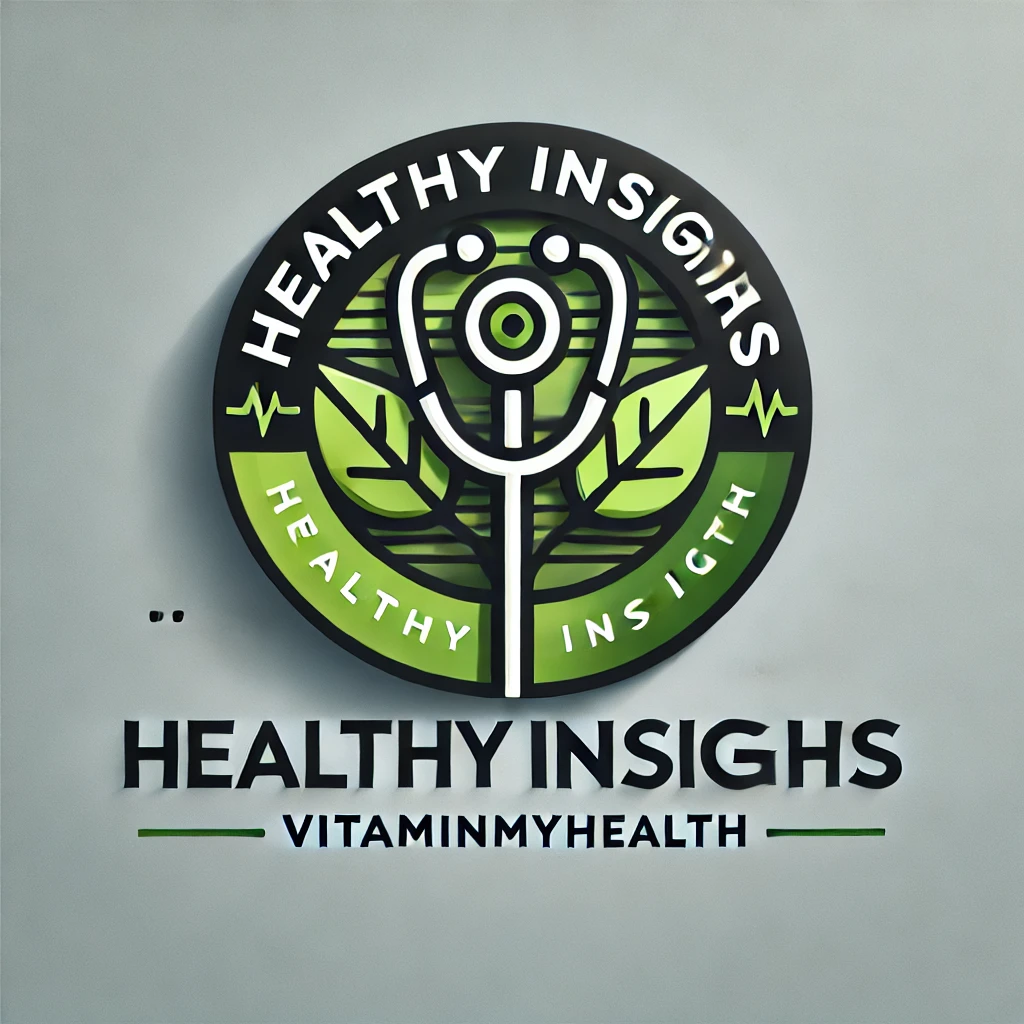🧪 What Are Antibiotics and Their Side Effects?
Antibiotics are powerful medicines that treat bacterial infections by stopping the growth or reproduction of bacteria. Unlike antivirals, antibiotics do not work against viruses such as the common cold or influenza. Understanding how antibiotics work, their benefits, and their risks is essential to ensure safe and effective use.
🔍 How Do Antibiotics Work?
Antibiotics are generally classified in two ways:
-
By their function – how they act on bacteria.
-
By the type of bacteria they target.
Most antibiotics work in one of four ways:
-
Killing bacteria directly.
-
Preventing bacterial growth.
-
Stopping bacteria from attaching to host cells.
-
Reducing their ability to cause infection.
👉 Learn more about how medicines work in the body
⚠️ Common Side Effects of Antibiotics
While antibiotics are effective, they can also cause side effects. The most common ones include:
-
Nausea and diarrhoea.
-
Rashes or itching.
-
Headaches or confusion.
In some cases, antibiotics can trigger allergic reactions, such as:
-
Swelling, wheezing, or difficulty breathing.
-
Hives and severe skin rashes.
🚨 Severe allergic reactions are life-threatening and require immediate medical attention.
🦠 Risk of Drug-Resistant Bacteria
One of the greatest dangers of misuse is the creation of drug-resistant bacteria. When antibiotics are overused or not taken correctly, bacteria can mutate and become resistant.
This makes future infections harder to treat, sometimes even life-threatening. Drug-resistant bacteria are responsible for hundreds of thousands of deaths every year worldwide.
👉 Read about antimicrobial resistance from WHO
🧬 Effects on Gut Microbiome
Your gut is home to good bacteria that help with digestion, nutrient absorption, and immunity. Unfortunately, antibiotics don’t just kill harmful bacteria—they also wipe out these beneficial microbes.
-
This can lead to long-term changes in your gut microbiome.
-
The bacterial balance may never fully return to normal.
-
It may increase risks of digestive problems and certain diseases.
For natural gut support, check out probiotic-rich foods and supplements
💊 When Should You Take Antibiotics?
Doctors prescribe antibiotics for bacterial infections such as:
-
Tonsillitis
-
Ear infections
-
Urinary tract infections (UTIs)
Sometimes, antibiotics are also given before surgeries to prevent infections. However, overuse leads to more harm than good.
👉 Always follow your doctor’s prescription, and finish the entire course, even if symptoms disappear early.
📌 Bottom Line
Antibiotics save lives when used correctly, but misuse can cause dangerous side effects and contribute to the rise of antibiotic-resistant bacteria.
✔️ Use antibiotics only when prescribed.
✔️ Complete the full treatment course.
✔️ Balance your gut health with probiotics.
By using antibiotics responsibly, you protect not just yourself but also the global fight against antibiotic resistance.


I love this site